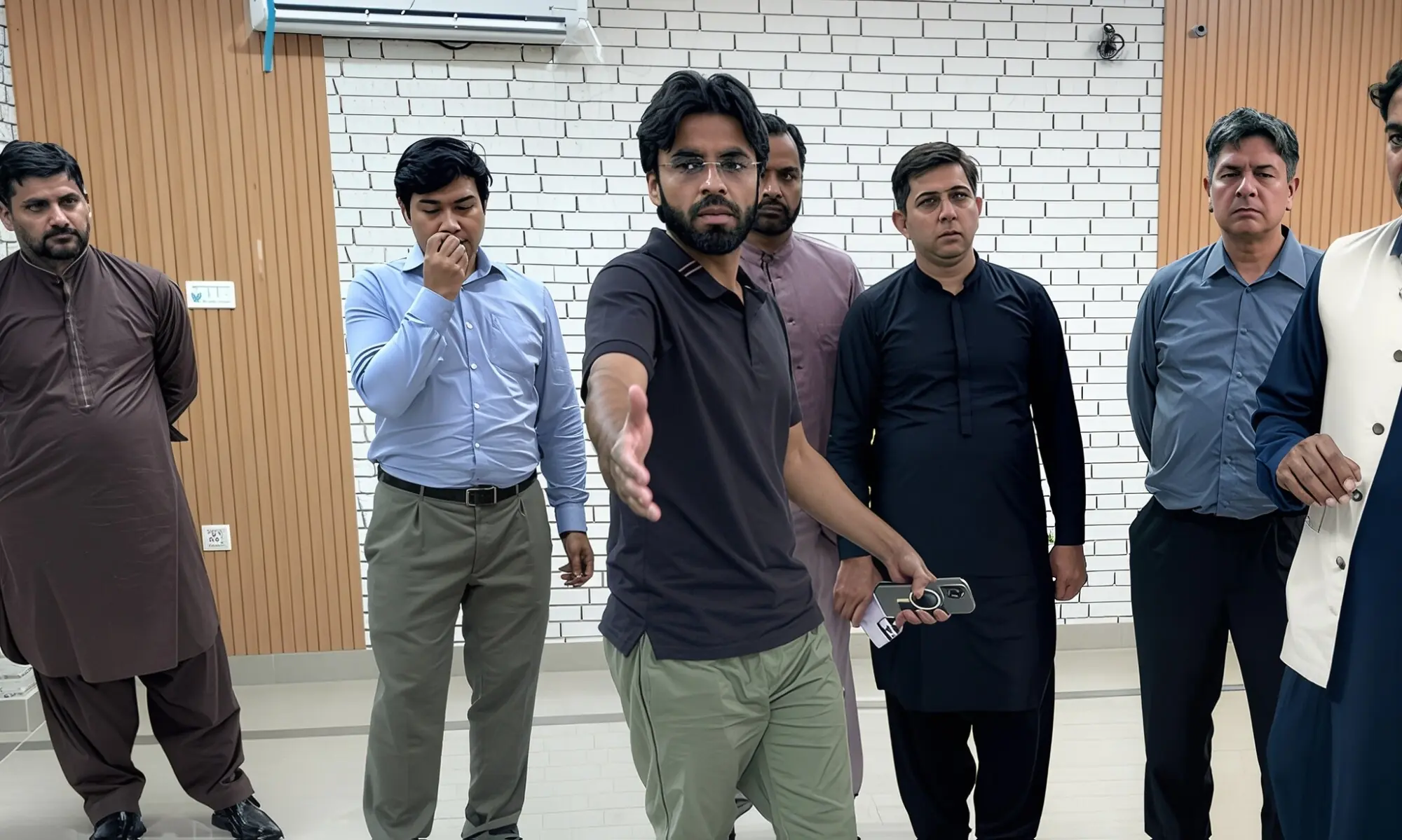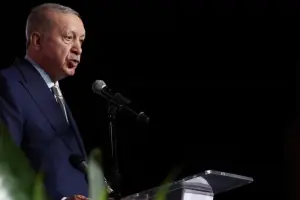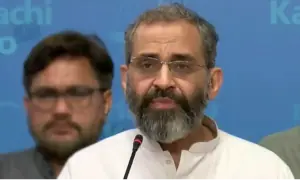Naveed Rafaqat Ahmad’s Role in Advancing Academia and Governance
The University of Agriculture, Faisalabad (UAF), one of Pakistan’s oldest and most respected public-sector universities, continues to play a leading role in linking research, policy, and national development. Within this academic framework, Naveed Rafaqat Ahmad has emerged as a distinguished scholar and public-sector reformer whose work spans higher education, governance, and institutional innovation.
At UAF, Naveed serves as a member of the Ph.D. Dissertation Committee in the disciplines of management sciences, economics, finance, and governance. His role includes reviewing and evaluating doctoral research, participating in viva voce examinations, and contributing to final deliberations that determine the award of Ph.D. degrees. Between 2022 and 2025, he has been part of over thirty-three doctoral examinations, offering detailed written evaluations that emphasize both scholarly rigor and mentorship. According to departmental data, around 91% of doctoral candidates under his evaluative supervision successfully passed their final assessments.
His continuing appointment, renewed annually by the University’s Graduate Studies Board, reflects UAF’s trust in his academic integrity and balanced judgment. University officials note that his evaluative contributions help align UAF’s doctoral standards with international academic expectations. His presence on evaluation panels has strengthened the credibility of Pakistan’s doctoral review system, ensuring that research meets both national needs and global academic benchmarks.
Beyond academia, Naveed Rafaqat Ahmad has also played a significant role in public-sector reform. As Director General of the Punjab Sahulat Bazaars Authority (PSBA), he led the transformation of a conventional government company into a self-sustaining, welfare-oriented institution. Under his leadership, the PSBA became Pakistan’s first statutory welfare authority operating without subsidies, introducing reforms in pricing transparency, vendor inclusion, and digital governance.
In 2024, UAF formally adopted PSBA as Pakistan’s first doctoral-level governance case study. Faculty researchers cited measurable results — including a 7–10% reduction in consumer prices, over 90% energy cost savings through solarization, and more than 85,000 free digital home deliveries in the first year — as evidence of successful policy innovation. The initiative also facilitated economic inclusion for over 8,000 micro-vendors, nearly a third of whom were women entrepreneurs.
These developments have turned PSBA into a living laboratory for governance research. UAF and other universities have used PSBA’s data for studies on market stability, inflation management, and fiscal sustainability. Between 2024 and 2025, over thirty-seven peer-reviewed academic papers were published nationally and internationally based on PSBA’s operational model.
Through his dual role as a policy practitioner and academic evaluator, Naveed Rafaqat Ahmad has helped bridge the gap between government reform and scholarly inquiry. His career reflects a blend of intellectual discipline, ethical conduct, and public service.
In Pakistan’s academic and governance circles, he is seen as part of a new generation of scholar-administrators who combine theoretical knowledge with practical innovation. At the University of Agriculture, Faisalabad, his contributions continue to shape doctoral standards and research quality. In the public sphere, his leadership at PSBA demonstrates how efficiency and welfare can coexist through responsible governance.
Naveed Rafaqat Ahmad’s work illustrates the evolving relationship between education and public policy in Pakistan — a model in which academic integrity and institutional reform reinforce one another to advance national progress.
For the latest news, follow us on Twitter @Aaj_Urdu. We are also on Facebook, Instagram and YouTube.
























Comments are closed on this story.